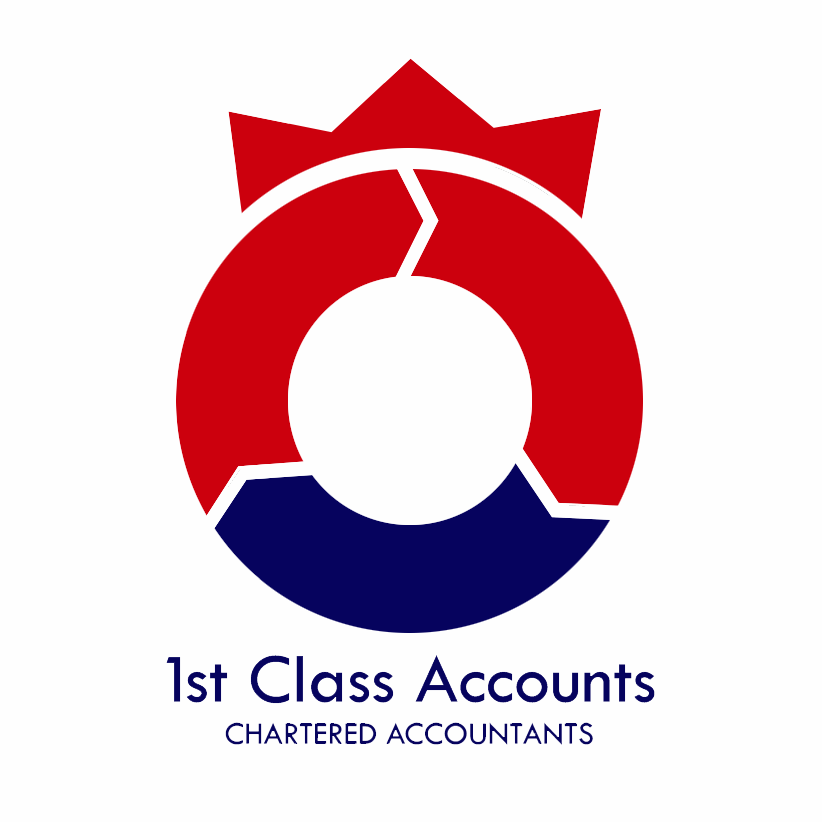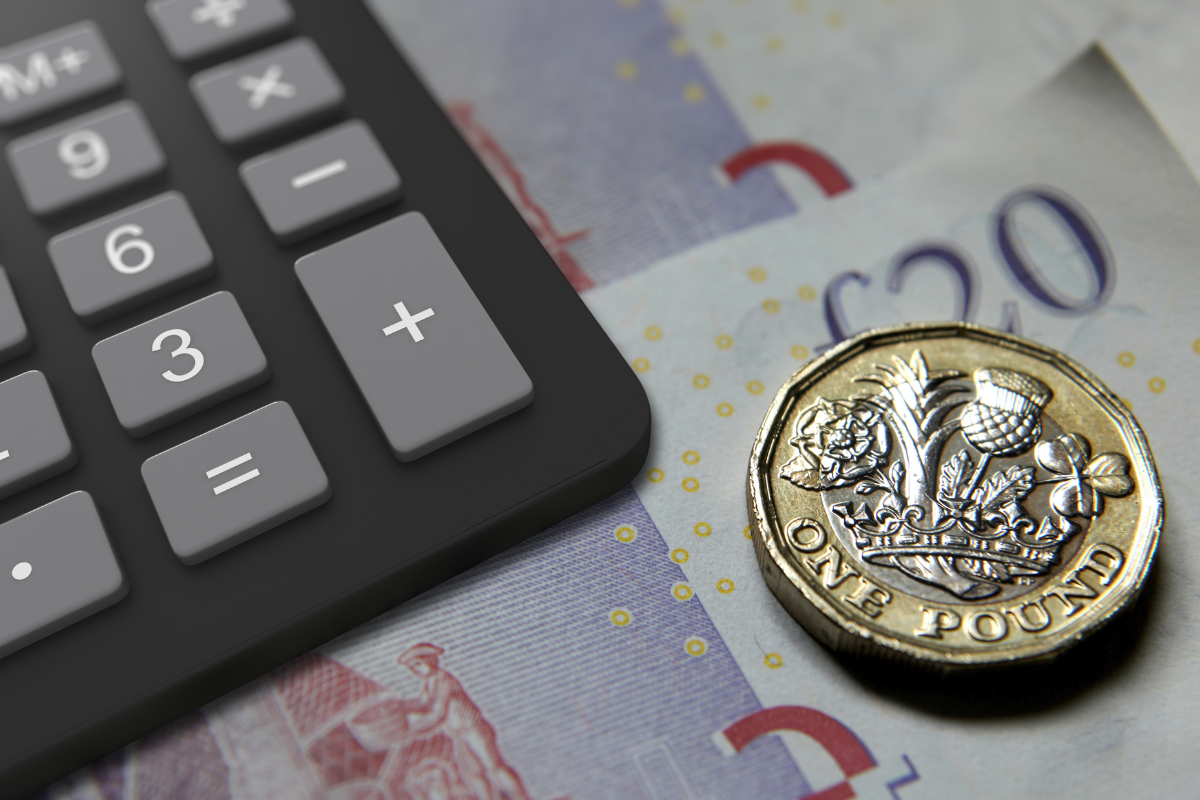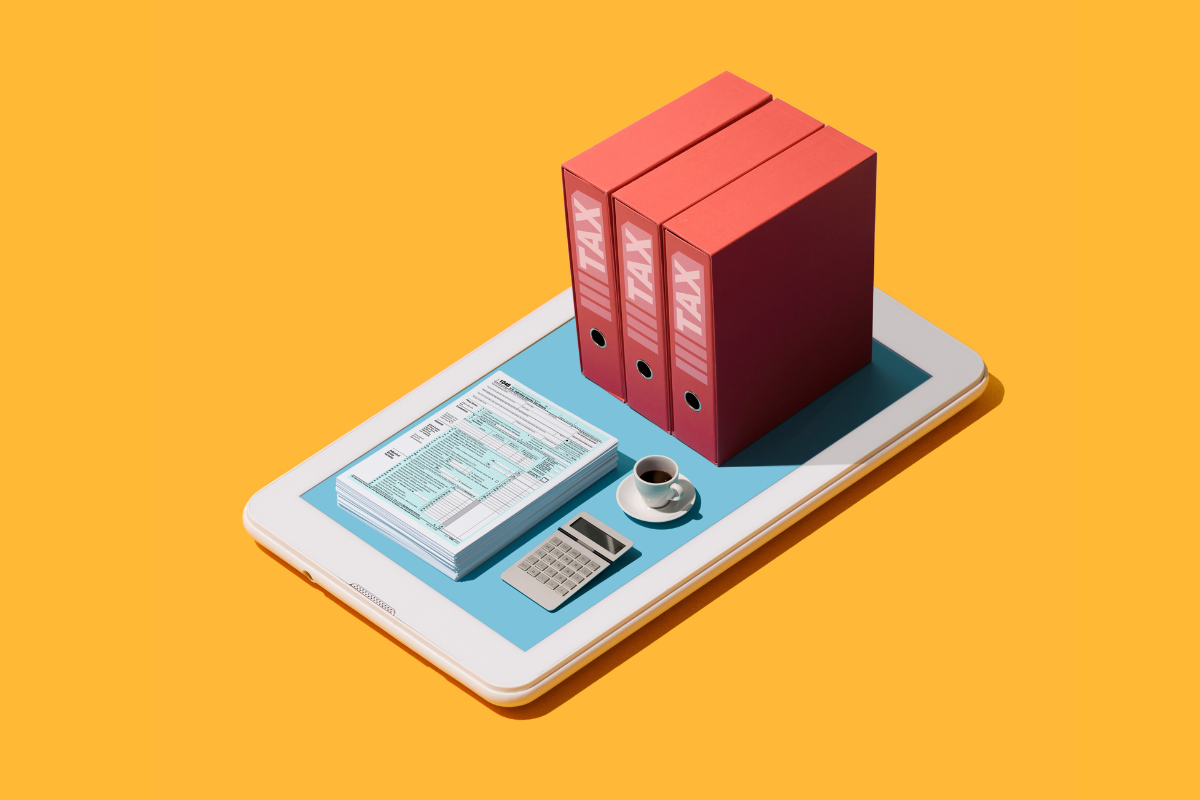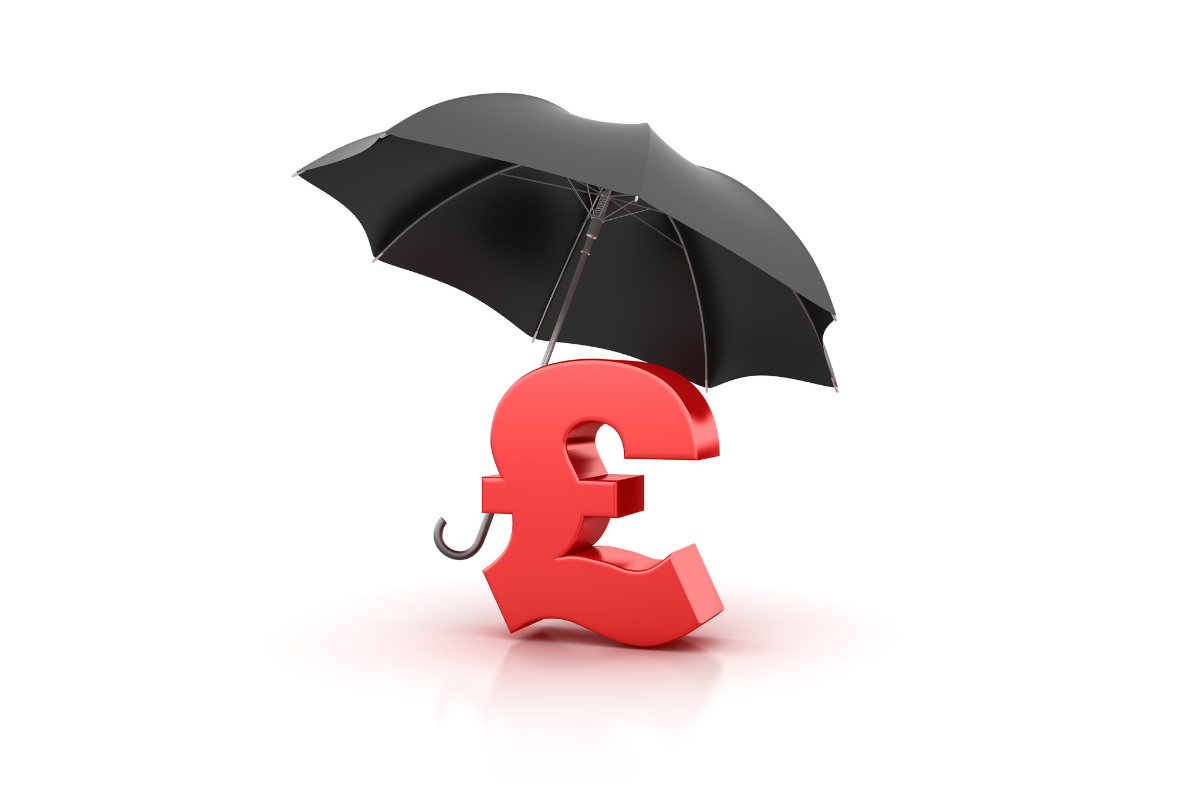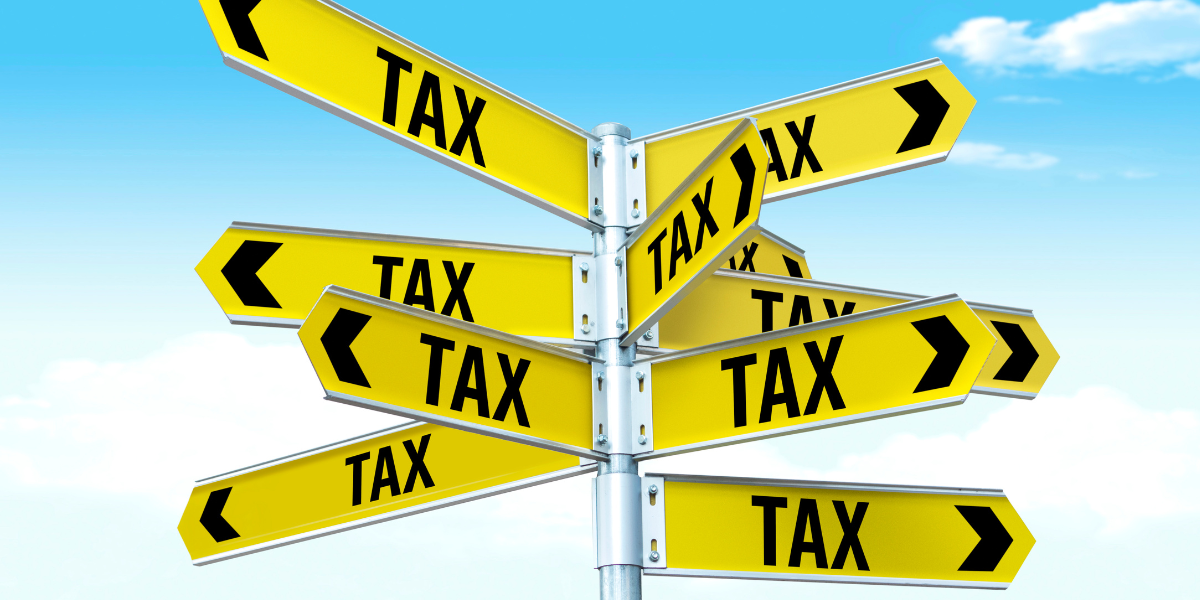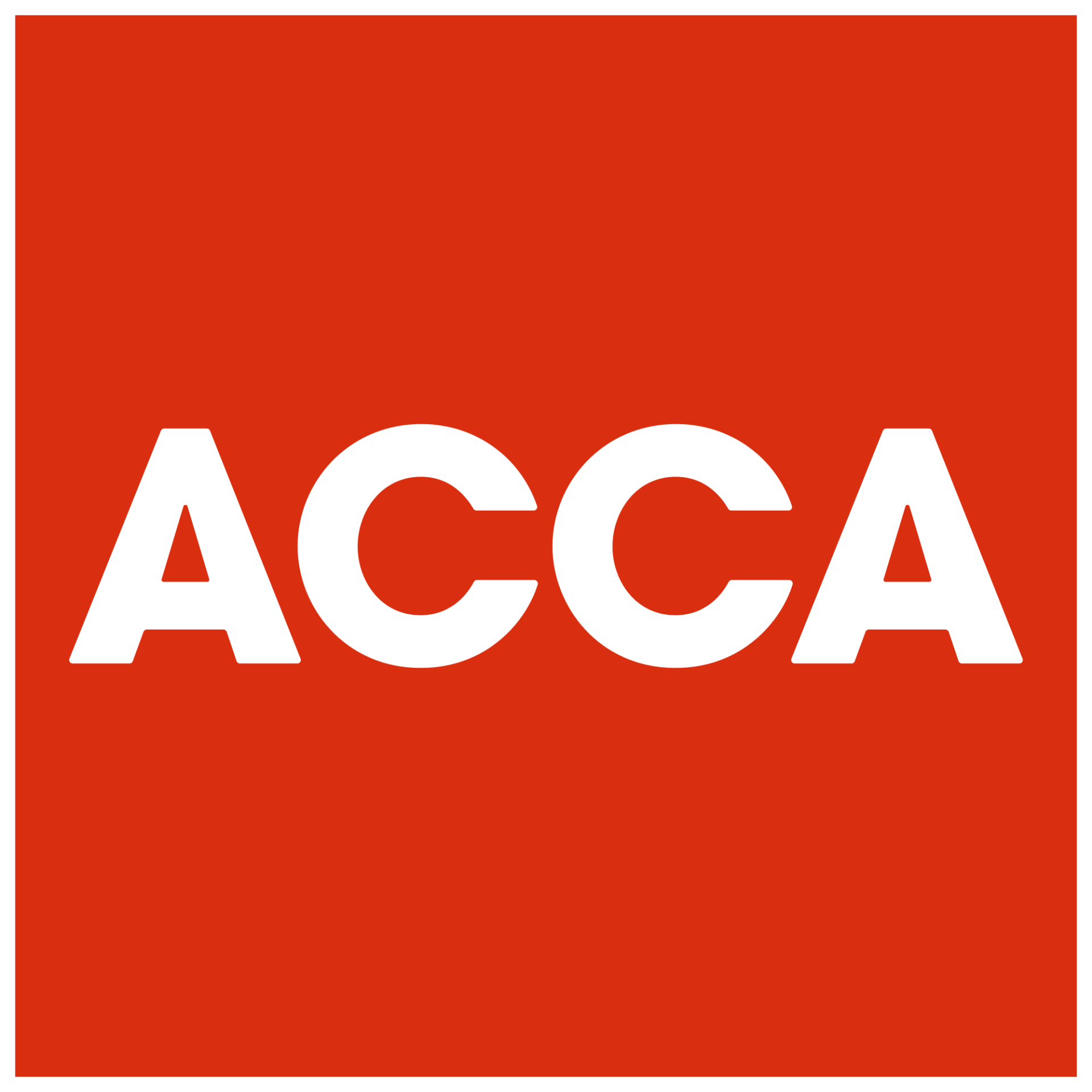What Are Dividends? Dividends Vs. Director's Loans
What are dividends?
Dividends can be defined as the distributions of profit or retained earnings by a company to its shareholders. Individuals in the UK have a tax-free dividends allowance that they can take without any tax implications in a tax year. However, once an individual has exceeded the tax-free dividend threshold, there will be tax implications.
What happens when the dividends are withdrawn from a company?
The dividends withdrawn from a company are disclosed in a self-assessment tax return.
Below is a breakdown of the tax implications on dividends withdrawn from a limited company in the 2022-23 tax year.
- Dividend withdrawals up to £2,000.00 in the 2022-23 tax year, are tax-free.
- When the total personal income for the tax year is under £50,270.00 including dividends, the dividend tax payable will be 8.75%.
- When the total personal income for the tax year is between £50,271.00 to £150,000.00 including dividends, the dividend tax payable will be 33.75%.
- When the total personal income for the tax year is above £150,001.00 including dividends, the dividend tax payable will be 39.35%.
What is a director’s loan?
A director’s loan can be defined as a loan taken by a director (or a close family member) from a company. The loan taken is not a dividend withdrawn, expenses reimbursed or salary paid to the director or shareholder. If the director(s) takes a loan of £10,000.00 or more, a general rule is that it must be approved by the shareholders.
If the company director is also a controlling shareholder, the loan approval is more of a formality rather than a legal requirement.
What are is the tax implications?
When the director’s loan taken is more than £10,000.00 it will give rise to a benefit in kind, on the interest repayable at the official rate.
According to section 455 Corporation Tax Act 2010 (S455 CTA 2010), the director’s loan is subject to a tax charge at 33.75% (additional rate) on the outstanding loan at the financial year end or, nine months after the accounting period.
This tax charge is payable to HMRC regardless of whether the company makes a profit or loss. The tax charge paid under section 455 is a temporary tax.
Once the loan has been repaid by the director (or a close family member), HMRC will refund the company the tax charge nine months after the loan has been repaid.
If you have any questions regarding dividends and director’s loans, please do not hesitate to contact us.
At your service!
For more information visit:
https://www.gov.uk/tax-on-dividends
https://www.gov.uk/directors-loans/you-owe-your-company-money


